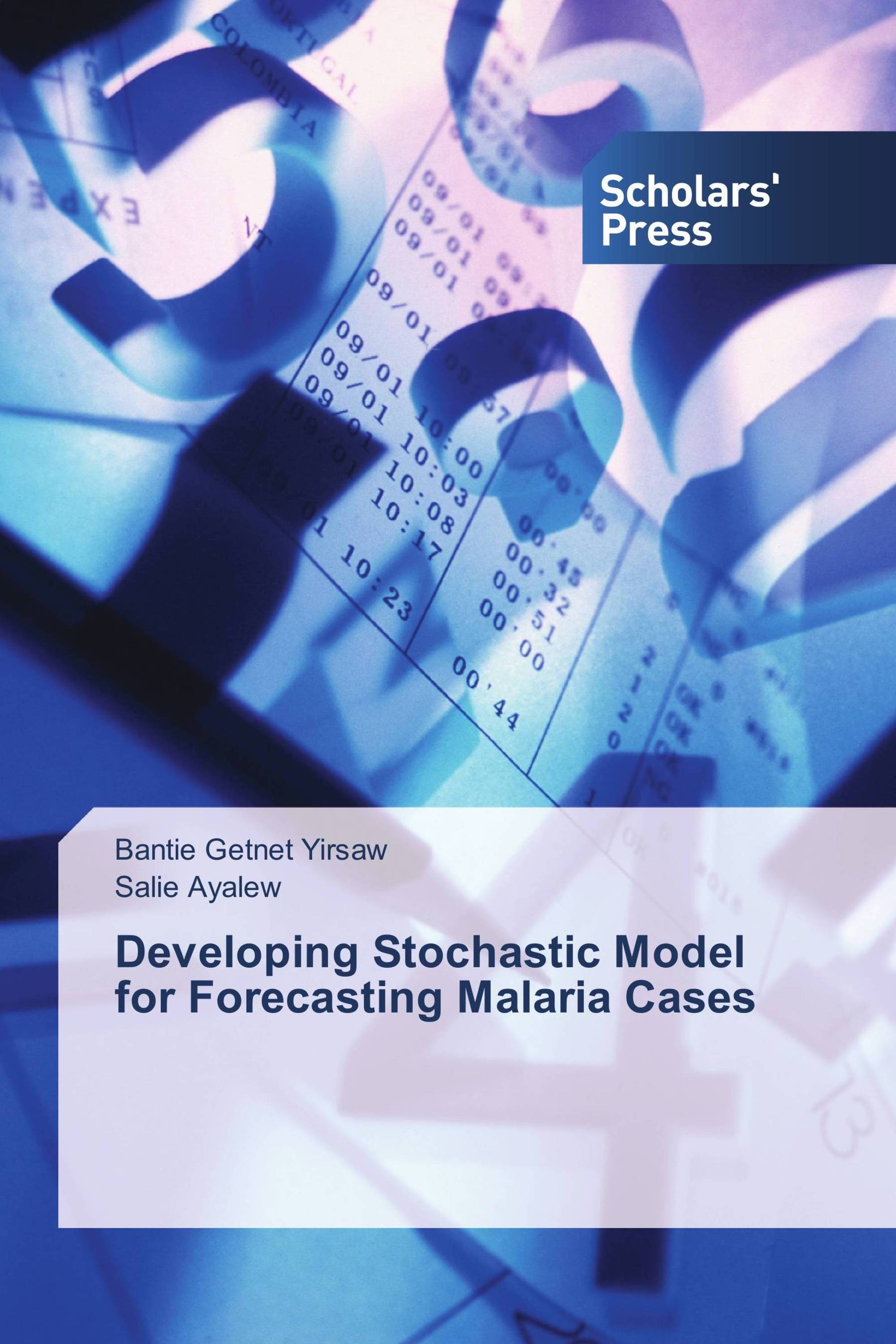Malaria is a serious public health problem in developing countries like Ethiopia. Early prediction of malaria cases is very important for its control and intervention. This work developed stochastic model for forecasting malaria cases in Addis Zemen, South Gondar, Ethiopia. Data of monthly malaria cases from January 2007 to June 2016 were obtained from Addis Zemen health center, south Gondar, Ethiopia. The autoregressive integrated moving average (ARIMA) model, is typically applied to forecast the malaria cases; it can take into account changing trends, seasonal variation, and random disturbances in time series. Generalized Autoregressive conditional heteroscedasticity (GARCH) models are the prevalent tools used to deal with time series heteroscedasticity. Although both two families of models could reasonably forecast the malaria cases, the GARCH model demonstrated better goodness-of-fit than the SARIMA model. The seasonal trend of malaria cases is predicted to have lower monthly malaria cases in January and higher malaria cases in October. This work is the first study to establish the ARIMA model and GARCH model for forecasting the monthly malaria cases in Addis-Zemen.
Book Details: |
|
|
ISBN-13: |
978-620-2-30070-4 |
|
ISBN-10: |
6202300701 |
|
EAN: |
9786202300704 |
|
Book language: |
English |
|
By (author) : |
Bantie Getnet Yirsaw |
|
Number of pages: |
84 |
|
Published on: |
2017-08-16 |
|
Category: |
Theory of probability, stochastics, mathematical statistics |
